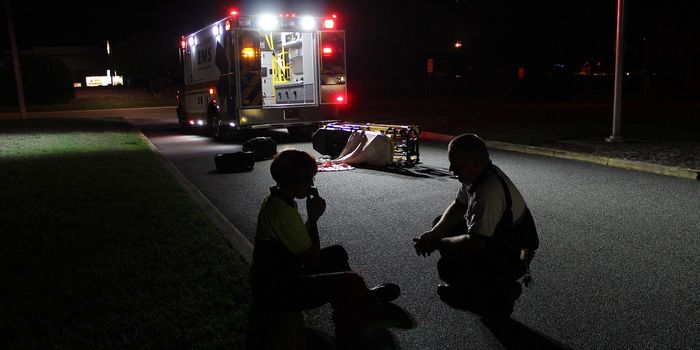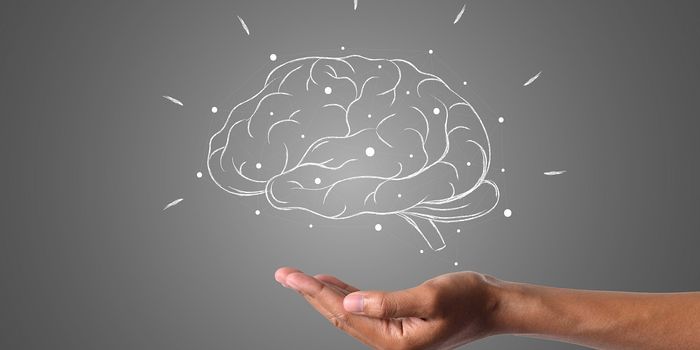Stress Reduces Self Control for Food in Lean and Obese Individuals
Stress impacts how both lean and obese adults react to food cues via areas of the brain linked to reward and cognitive control. The corresponding study was published in PLOS One.
Earlier research indicates that stress can increase food intake and body weight. In the present study, researchers used fMRI imaging to explore how obesity and stress influence appetitive responses to minimal food cues.
They recruited 29 adults, including 16 women and 13 men, 17 of whom were obese and 12 were lean. The participants underwent two fMRI scans. While the first fMRI scan was followed by a social and psychological stressor, and the second was followed by a control task. After the scans, participants enjoyed an ab-libitum meal.
In both scans, they underwent a food word reactivity test, which involved observing how brains react to certain food words, such as menu items on a chalkboard.
To maximize appetitive response, participants were asked to imagine how the foods looked, smelled, and tasted, as well as how it would feel to eat them at that moment. They were also asked how much they wanted to eat the foods, and if they felt they should eat them. This allowed the researchers to measure participants' decision-making processes for each food.
In the end, the researchers noted that obese and lean adults differ in the way their brains respond to foods. For example, obese adults showed less activation of cognitive control regions to food words, especially those related to high numbers of calories such as grilled cheese. They also noted that obese people ate more than lean people in the ab-libitum meals after each scan.
The researchers further found that stress impacts brain responses to food. They found, for example, that after the stress test, obese individuals had more activation in their orbitofrontal cortex, a brain reward region. Meanwhile, learner individuals who reported higher stress following the test showed lower activation of the dorsolateral prefrontal cortex- an area of the brain linked to cognitive control.
Sources: Science Daily, PLOS One









